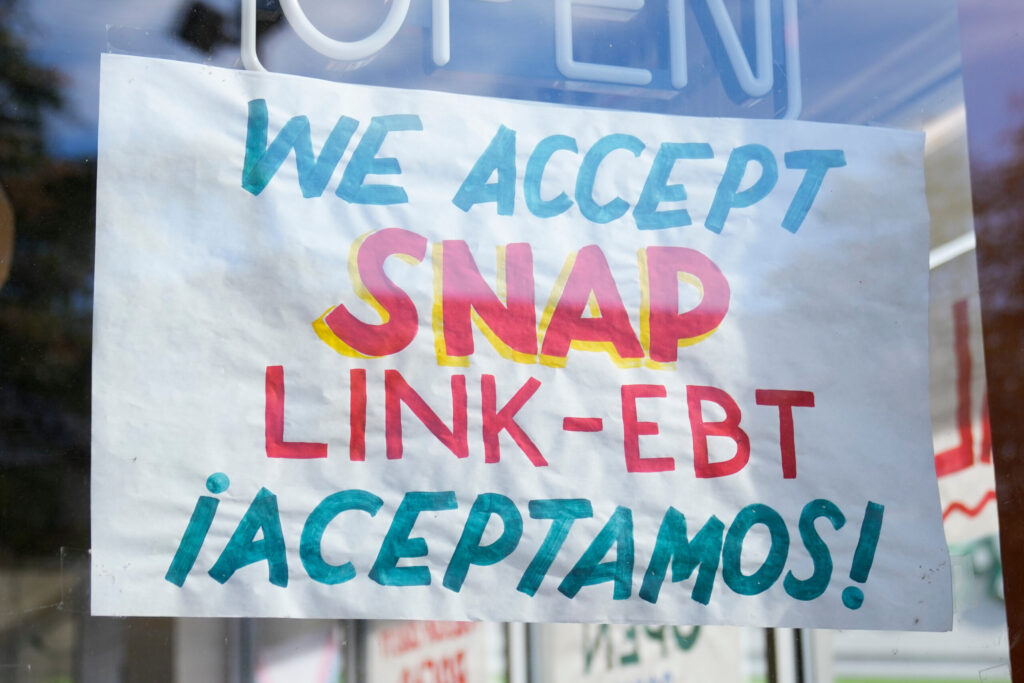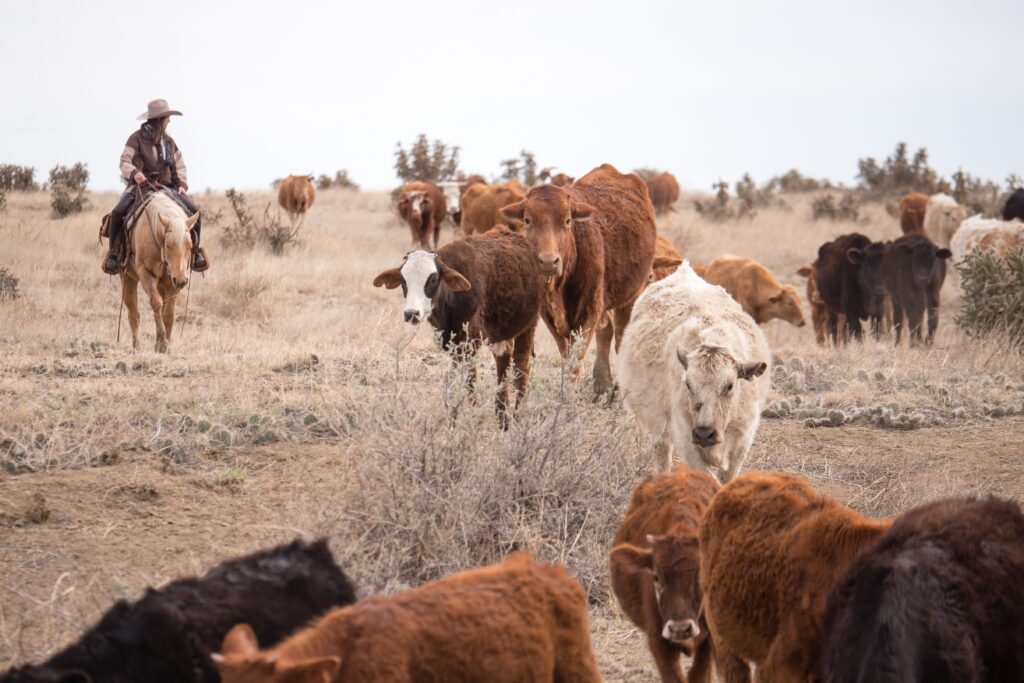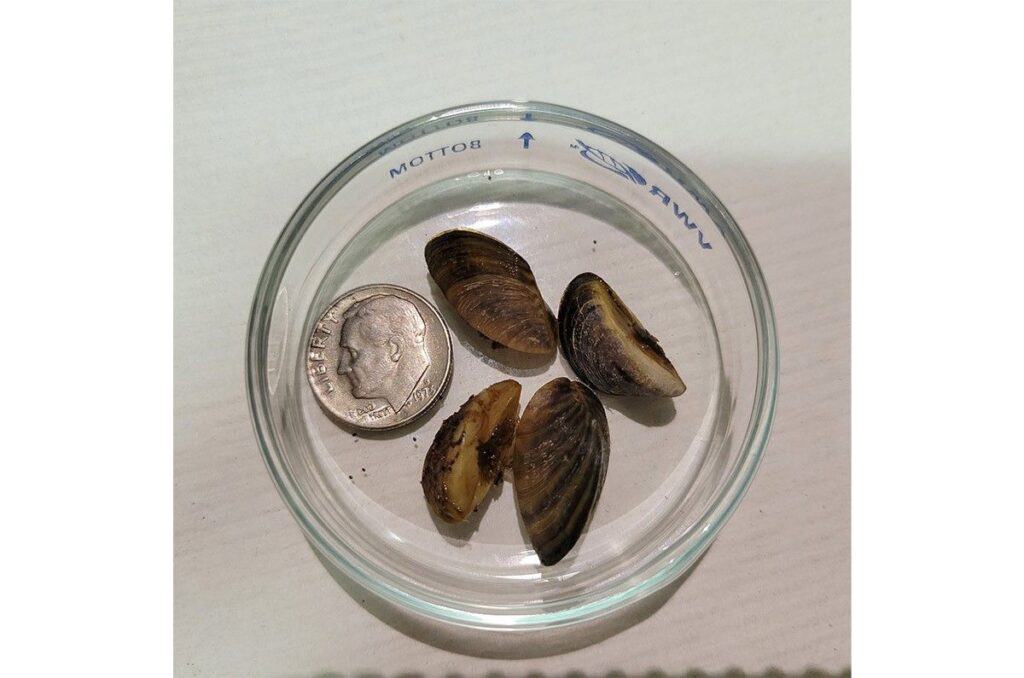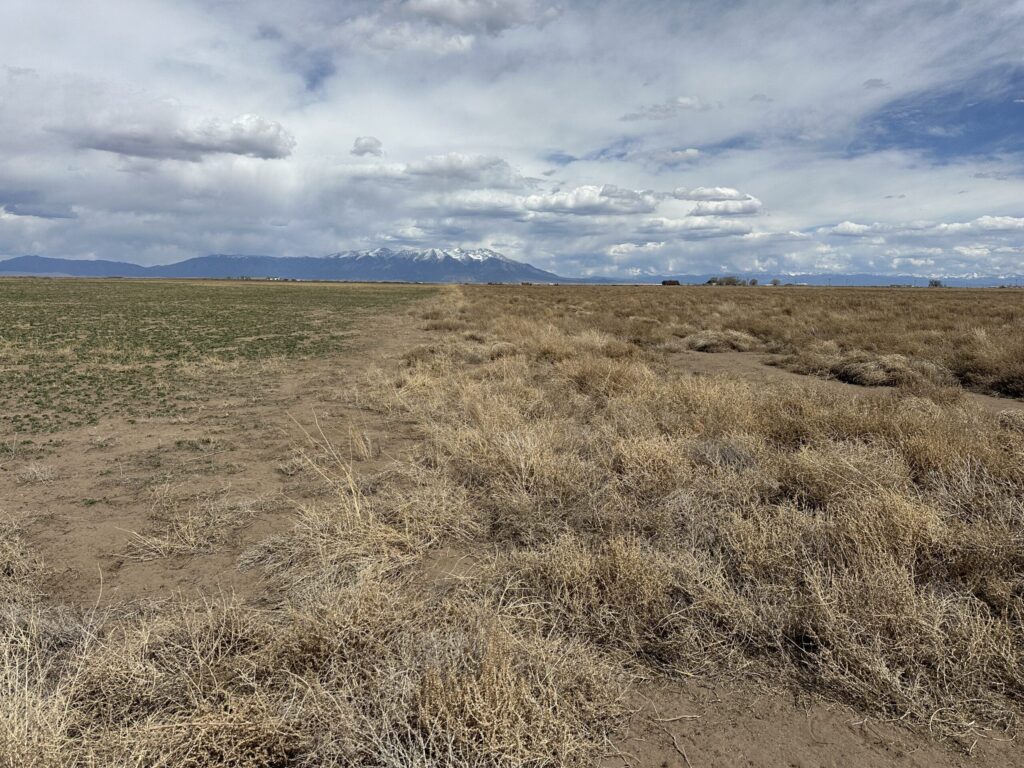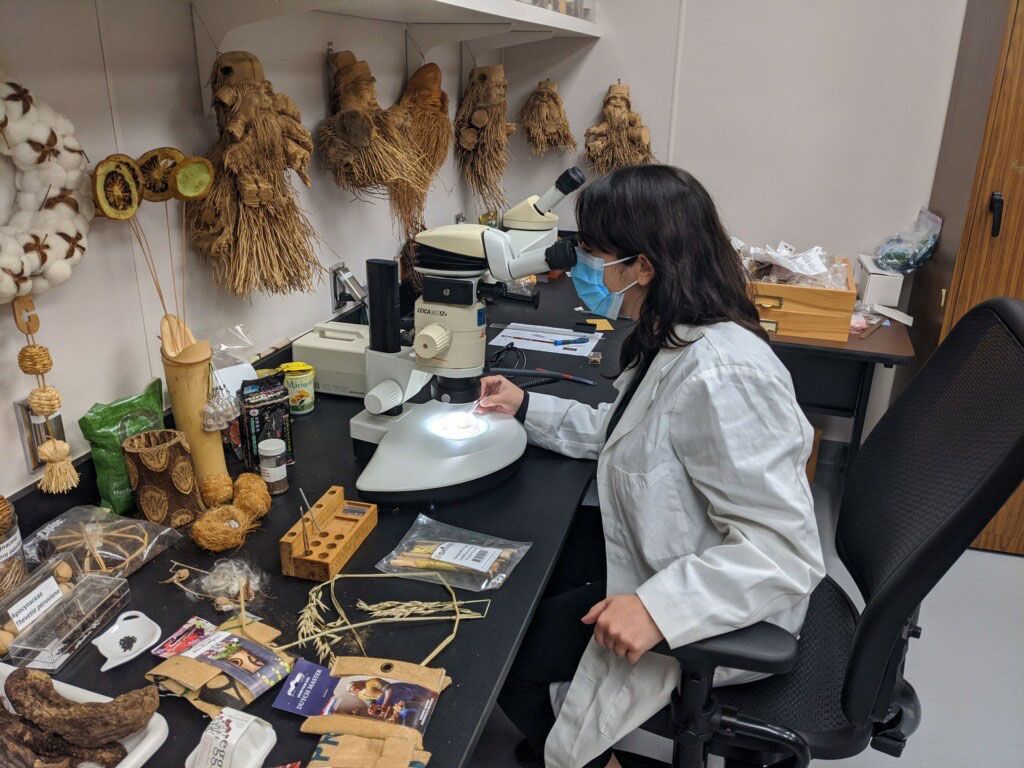Colorado could soon loosen regulations on intoxicating hemp products, countering new federal bans
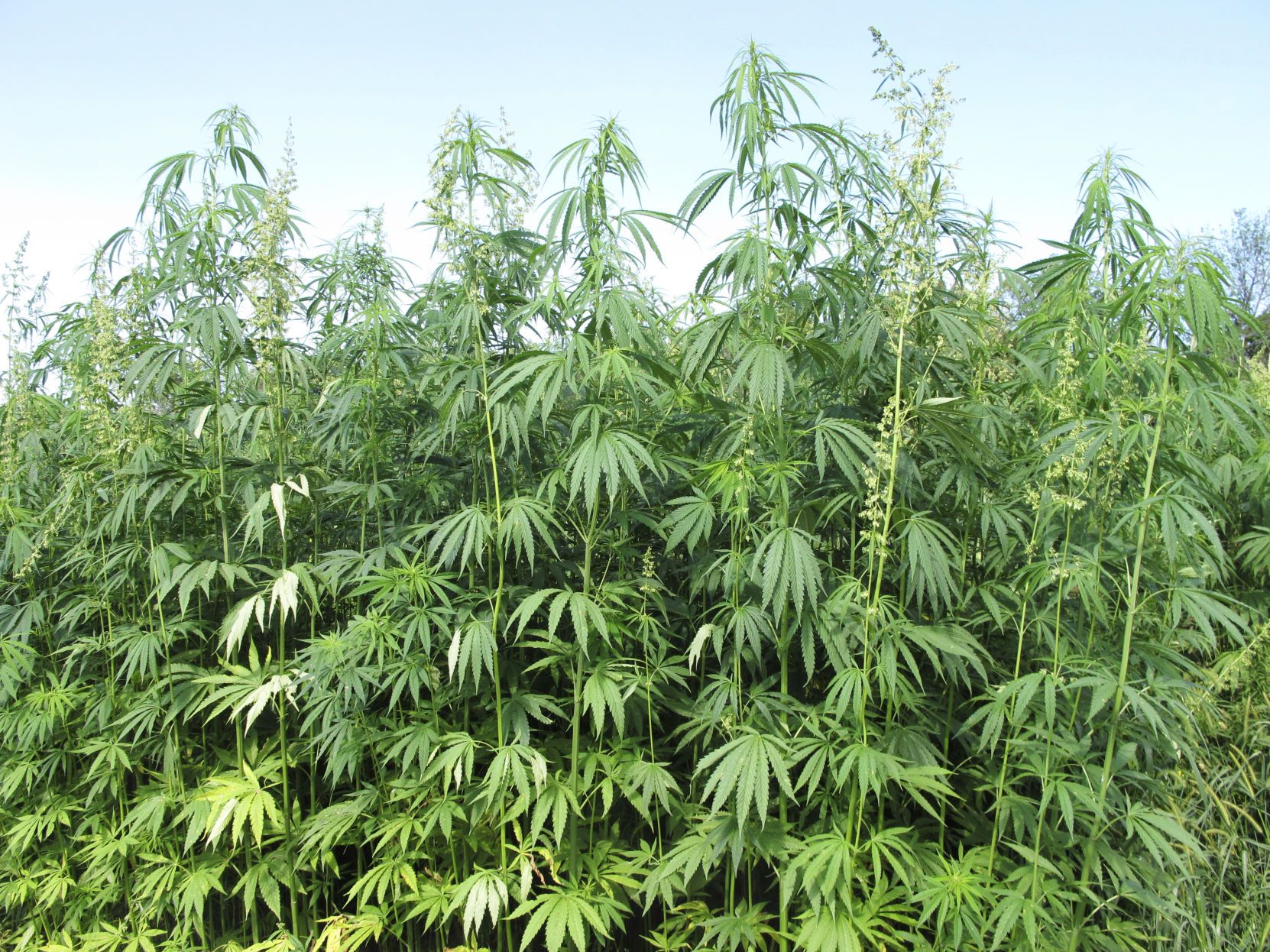
As the federal government plans to impose a near-ban on intoxicating hemp products next year, Colorado lawmakers are planning to loosen restrictions derived from a 2023 law.
Last week, Congress included a surprise provision in its funding bill intended to end the federal government shutdown: a ban on all intoxicating hemp products with more than 0.4 milligrams of THC, which accounts for about 95% of all such products on the market.
The 2018 federal Farm Bill legalized hemp, provided it contains no more than 0.3% of the most common form of intoxicating THC, known as Delta-9. However, because the bill only mentioned Delta-9, producers realized they could still sell intoxicating hemp products with higher levels of other forms of THC, such as Delta-8.
Republican members of Congress closed that loophole with the passage of the funding bill, which also contains appropriations for federal agencies through Jan. 30, 2026. All six of Colorado’s Congressional Democrats voted against the bill, while the state’s four Congressional Republicans voted for it.
Gov. Jared Polis, who has been an advocate for the legalization of intoxicating hemp since his time in Congress, criticized the ban, calling it “disappointing” and noting Colorado hemp growers’ impact on the state’s economy.
For a party that claims to support business and job growth, they have a funny way of showing it with their continued attempts to stifle growth and innovation,” Polis said.
Intoxicating hemp will still be legal in Colorado
While the majority of intoxicating hemp products, such as creams, beverages, and edibles, will be banned at the federal level in November 2026, they will still be legal in Colorado.
In 2012, Colorado voters passed Amendment 64, which legalized recreational marijuana in the state. The amendment also defined “industrial hemp” as plants with less than 0.3% Delta-9 THC.
Following the passage of the 2018 Farm Bill, Colorado lawmakers implemented Senate Bill 19-220, which aligned the state’s hemp laws with the new federal law.
Two years later, the state’s Department of Public Health and Environment and the Marijuana Enforcement Division issued official regulatory guidance prohibiting the chemical modification of hemp-derived cannabinoids into Delta-8 THC, effectively banning the sale of Delta-8 in Colorado.
In 2022, the state established a task force to investigate intoxicating hemp products and provide policy recommendations to the General Assembly based on its findings. The result of those recommendations was 2023’s Senate Bill 271, which created a new regulatory framework for hemp products, overseen by the state’s department of health. The bill also created three different classifications for hemp-and marijuana-derived compounds: nonintoxicating, potentially intoxicating, and intoxicating. Additionally, it prohibits the sale of hemp-derived products with more than 1.75 milligrams of THC per serving.
Even though intoxicating hemp will still be legal in Colorado even after the federal ban goes into effect, industry players are concerned their livelihoods could still be in danger.
According to Brian Vicente, an attorney who works in the cannabis industry, businesses in Colorado are allowed to produce intoxicating hemp products containing more than 1.75 milligrams of THC, as long as they’re being sold to other states. However, once the new law goes into effect, this practice will be federally illegal.
“Businesses may have to shut down and close their doors and let go of all their employees in a hard employment market already,” Shannon Donnelly, an affiliate professor of cannabis at Metropolitan State University of Denver, told Colorado Politics’ news partner 9News. “This could be the kind of nail in the coffin, per se, for this industry as a whole.”
Donnelly also expressed concerns about individuals who use intoxicating hemp products for medical purposes. Intoxicating hemp derived from Delta-8 THC is typically milder and less likely to cause paranoia than marijuana, making it a popular alternative for people with conditions like anxiety.
“We are going to see a lot of individuals no longer have those access points,” she said.
Proposed bill could increase limits on THC products
Vicente is part of a coalition of legal professionals and advocates working with Sen. Julie Gonzales, D-Denver, on a bill expected to be introduced in the 2026 session to increase the THC content cap for hemp-derived beverages to 10 milligrams and allow for all THC beverages, whether they are marijuana or hemp-based, to be sold in liquor stores. Currently, marijuana-infused drinks are only available for purchase at dispensaries.
“This is a $2.8 billion national industry, and the vast majority of sales of beverages in that category are five to 10 milligrams,” he said. “It’s just more of what the public wants. (Around) 1.75 is just not what the consumer is looking for.”
The bill would put Colorado in line with states like Minnesota and Illinois, where Vicente said hundreds of restaurants, bars, and sports stadiums are already selling higher-dosage THC beverages as alternatives to alcohol.
“We’ve talked to dozens of bar and restaurant owners in Denver that are really, really struggling, and they view this as a potential product they could sell that would allow them to keep employing their staff and stay open,” he said. “A lot of people are drinking less alcohol these days, so I’ve met with a large number of small brewers and liquor stores that are really interested in having these products — their colleagues in other states are already selling them, so why don’t we sort of modernize these laws and give the consumers access?”
Vicente, who co-directed the campaign to legalize marijuana in Colorado, said the state has lost its status as a leader in the industry.
“Colorado was the first state to legalize cannabis, and since then, we’ve really not been a leader in terms of public access and consumption, so the idea is to modernize our cannabis consumption pathways in Colorado to catch up with other states and be innovative on that front again,” he said. “This could actually be a new source of tax revenue and economic growth for the state, and I think that’s particularly important now with the kind of budget deficits that we’re facing.”





